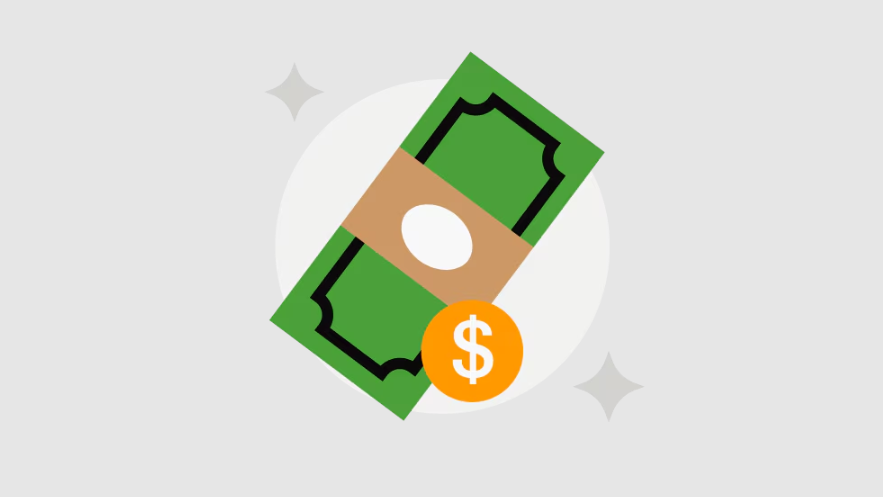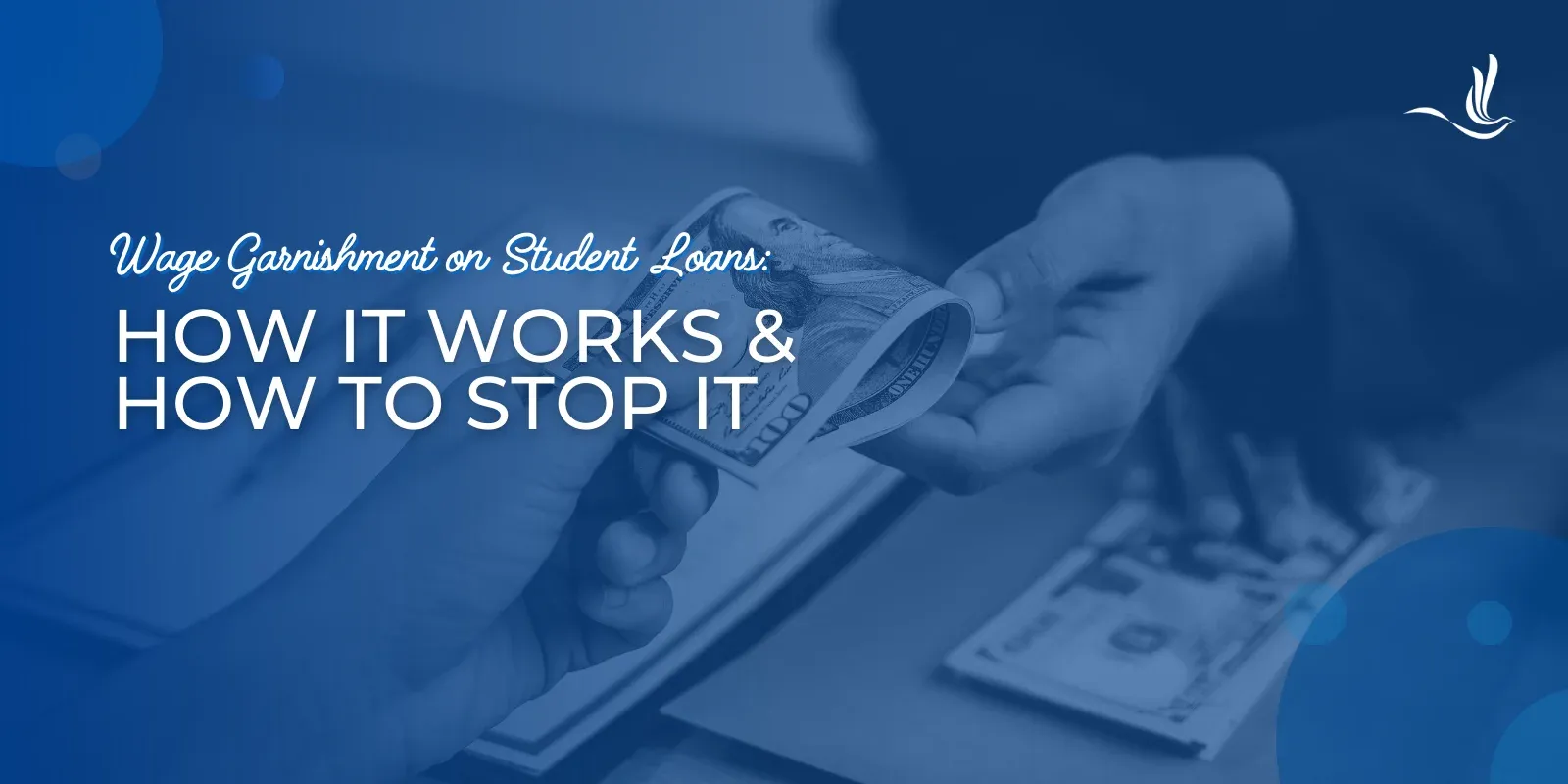Becoming a dentist can be a lucrative career choice. The career field remains among the highest paying professions, although salaries vary greatly depending on where you live and your specialization.
According to Payscale, the average starting salary for an entry-level dentist is $120,608. The Bureau of Labor Statistics (BLS) estimates that the median annual salary for all dentists is $164,010 as of May 2020. In some instances, pay is much lower, with the bottom 10% of dentists earning less than $79,060, according to BLS data.
Here’s a closer look at dentists’ salaries based on specialization, location and employment type.
1.Dentists salaries by specialization 2. Dentist salaries by state 3. Private practice vs. nonprofit and government dental jobs 4. Paying off dental school student loans
Dentists salaries by specialization
The salary range you can earn as a dentist often depends on your specialization.
Specialists can often earn much higher dentist salaries than the national average. Below are the median annual salaries for dental specialties as of May 2020, according to BLS data.
- Anesthesiologists: $271,440
- Orthodontists: $237,990
- Prosthodontists: $214,870
- Oral and Maxillofacial Surgeons: $234,990
- All other specialists: $194.930
Keep in mind that your specialty isn’t the only factor determining how much you can make as a dental specialist. Salaries also vary based on whether you work at a private practice or a nonprofit organization. Also, where you live and work plays an important role in determining salaries.
Download the Best Student Loan CalculatorDentist salaries by state
If you’re looking to max out your income as a dentist, it might pay to be selective with where you choose to live and work.
Dentist salaries can vary considerably from state to state. Even within a state, you could receive wildly different salaries, especially if you work in a heavily populated metropolitan area.
Here’s a look at the 10 states with the highest dentist salaries.
10 Highest-paying states
Annual salary
Rhode Island
$258,920
Vermont
$254,190
Alaska
$242,850
Maine
$236,060
New Hampshire
$222,430
Connecticut
$221,440
Oregon
$215,750
Minnesota
$213,310
Michigan
$213,250
Idaho
$206,360
Some states are known for offering less money for dentists. Here are the 10 states with the lowest dentist salaries currently.
10 Highest-paying states
Annual salary
West Virginia
$127,950
Kentucky
$128,850
Wyoming
$133,750
Louisiana
$145,980
Utah
$147,730
Pennsylvania
$155,360
Missouri
$157,030
South Carolina
$159,810
California
$160,300
Arkansas
$163,260
Practicing dentistry where you’ve previously lived or attended dental school might not be the best option, especially if you’re looking to earn a higher annual salary. Based on the data above, the average dentist salaries of the lowest- and highest-paying states are separated by more than $130K.
Keep in mind that the cost of living can play just as big of a role in your financial situation as your dentist’s salary.
Private practice vs. nonprofit and government dental jobs
Another factor that affects dentist salaries is your type of employer.
Typically, private sector jobs pay better than nonprofit or government jobs in most industries. However, BLS data shows this might not be the case for dentistry.
Government dental jobs actually topped the list of highest-paying industries for dentists with a median annual salary of $178,680. Here are the top four highest paying industries for dentists as of May 2020:
- Government: $178,680
- Dentists’ offices: $165,830
- Outpatient care centers: $155,040
- Physicians’ offices: $153,200
Again, how much you earn in these industries depend on where you practice dentistry, your specialty, and your years of experience. For those planning to work at a private practice, you might earn more if you open your own practice.
Private practice
The number of dentists in private practices who are owners has slowly declined over the past 15 years, but still represents more than 76% of private practice dentists as of 2019.
There are benefits to working at a private practice and nonprofit or government dental jobs.
More opportunities exist within the private sector, and working as a specialist could lead to an incredibly lucrative salary. You might have more available funds to pay off your student loans or pursue other life goals with a higher salary.
If you open your own practice, though, it might be a while before you see profits, especially if you take out dental practice loans to start your business.
Government or nonprofit jobs
If you work for the government or a nonprofit employer, you may qualify for Public Service Loan Forgiveness, which would wipe out your student loan debt balance after 10 years of qualifying employment and on-time monthly payments.
Also, loans forgiven through PSLF aren’t considered taxable income by the IRS. If you qualify for the loan forgiveness program, there’s no tax liability for you.
Paying off dental school student loans
There are several paths for repaying student loans for dentists. Depending on your situation, choosing the right path could save you significant money in the long run.
If you’re unsure of the best way to repay your loans, we can help.
Student Loan Planner has consulted with thousands of clients on over $1.44 billion of student loan debt. Our consultants come alongside borrowers to find the best repayment method based on specific needs.
Learn more about our consultation process.
GET A $1,000 BONUS WHEN FINANCING A PRACTICE!
Start your search for financing to buy the dental practice of your dreams. If you use one of our partner banks, we'll give you a $1,000 bonus when you close your practice loan (valid for practice loans of at least $100,000 in size). See what bankers are available in your state with the button below.
Learn MoreBest Dental School Refinancing Deals
1 Disclosures $1,050 BONUS1For 100k+. $300 bonus for 50k to 99k.1 VISIT LAUREL ROAD Variable 1.89-5.90%1 Fixed 2.50-6.00%1 2 Disclosures $1,050 BONUS2For 100k+. $300 bonus for 50k to 99k.2 VISIT COMMONBOND Variable 2.49-6.84%%2 Fixed 2.59-6.74%2 3 Disclosures $1,000 BONUS3 For 100k or more. $200 for 50k to $99,9993 VISIT EARNEST Variable 1.74-5.64%3 Fixed 2.44-5.79%3 4 Disclosures $1,000 BONUS4For 100k+. $300 bonus for 50k to 99k.4 VISIT SPLASH Variable 1.74-6.15%4 Fixed 2.30-6.25%4 5 Disclosures $1,275 BONUS5 For 150k+.Tiered 300 to 575 bonus for 50k to 149k.5 VISIT ELFI Variable 1.86-6.01%5 Fixed 2.47-5.99%5 6 Disclosures $1,000 BONUS6For $100k or more. $200 for $50k to $99,9996 VISIT SOFI Variable 1.74-6.59%6 Fixed 2.49-6.94%6 7 Disclosures $1,250 BONUS7For $100k or more. $100 to $350 for $5k to $99,9997 VISIT LENDKEY Variable 1.90-5.25%7 Fixed 2.49-7.75%7 8 Disclosures $1,250 BONUS8 $350 for 50k to 100k8 VISIT CREDIBLE Variable 1.80-9.99%8 Fixed 2.15-9.99%8Original Article







